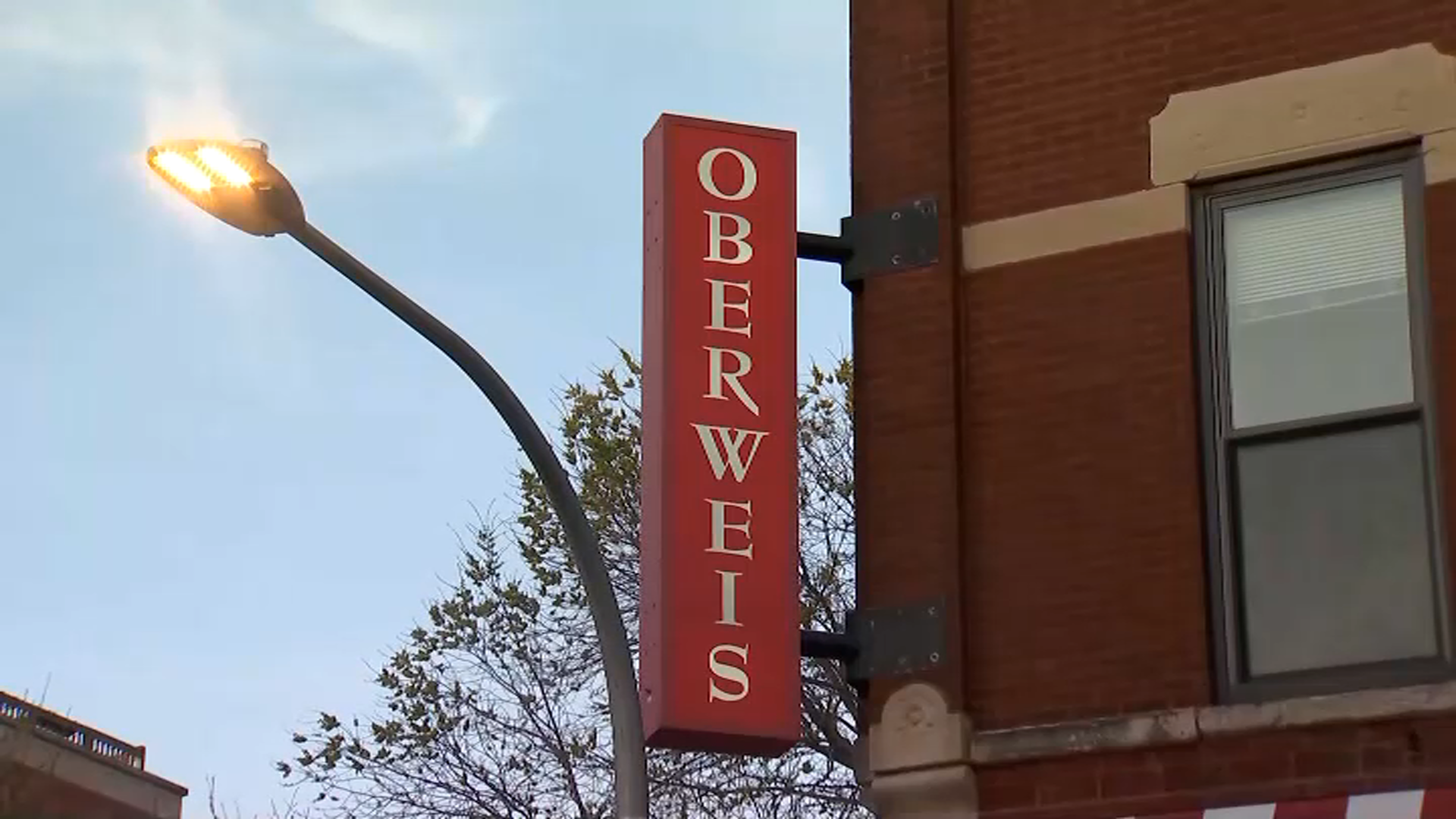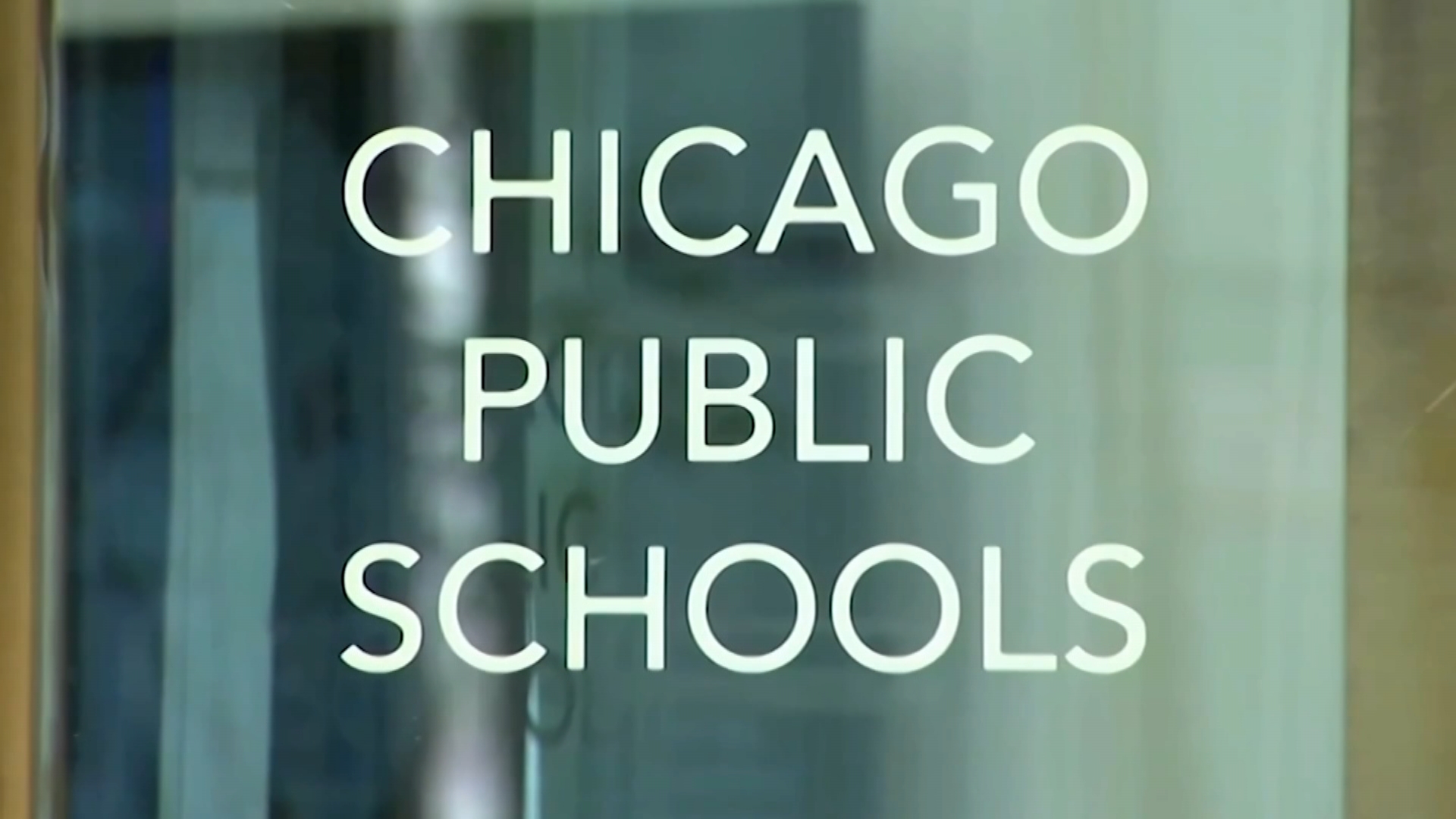Illinois Gov. J.B. Pritzker released a proclamation Thursday lauding the passage of the Workers’ Rights Amendment, which has now been enshrined into the state’s constitution after being approved by voters during the 2022 midterm elections.
Pritzker was one of the amendment’s biggest proponents, and he called the measure a “major win for workers rights” in the state.
“Illinois holds a rich union history, from the 1887 Haymarket Affair to the 1894 Pullman Strike, Illinois laborers have been at the forefront of fighting for fair wages, reasonable hours, and safe working conditions,” Pritzker said in a statement. “This is a major win for workers rights that will outlast any single politician’s term and enshrine a key right for Illinoisans for generations to come.”
The amendment added language to the state’s constitution that protects the rights of workers to unionize. That right also includes the ability to “negotiate wages, hours, and working conditions, and to protect their economic welfare and safety at work,” according to the language of the amendment.
Feeling out of the loop? We'll catch you up on the Chicago news you need to know. Sign up for the weekly Chicago Catch-Up newsletter here.
The amendment had two different paths to passage under Illinois law. The first would have been if it had received 60% of all votes cast on the measure, but it fell just short of that number in the 2022 election.
The second path was if the measure had received affirmative votes on a majority of ballots cast in the election, and it hit that mark with space to spare, with 54.5% of voters who cast ballots voting affirmatively on the amendment.
According to Illinois law, an amendment that has passed on the ballot is added to the state’s constitution no more than 21 days after the vote has been certified by the State Board of Elections. The governor is then required to issue a proclamation announcing the amendment’s passage.
Local
The amendment also would keep the General Assembly from passing “right-to-work” laws in the future, which have been passed in more than half the states in the U.S.
While labor unions and Democratic leaders supported the measure, it was opposed by some conservative groups, as well as the Illinois Chamber of Commerce.



